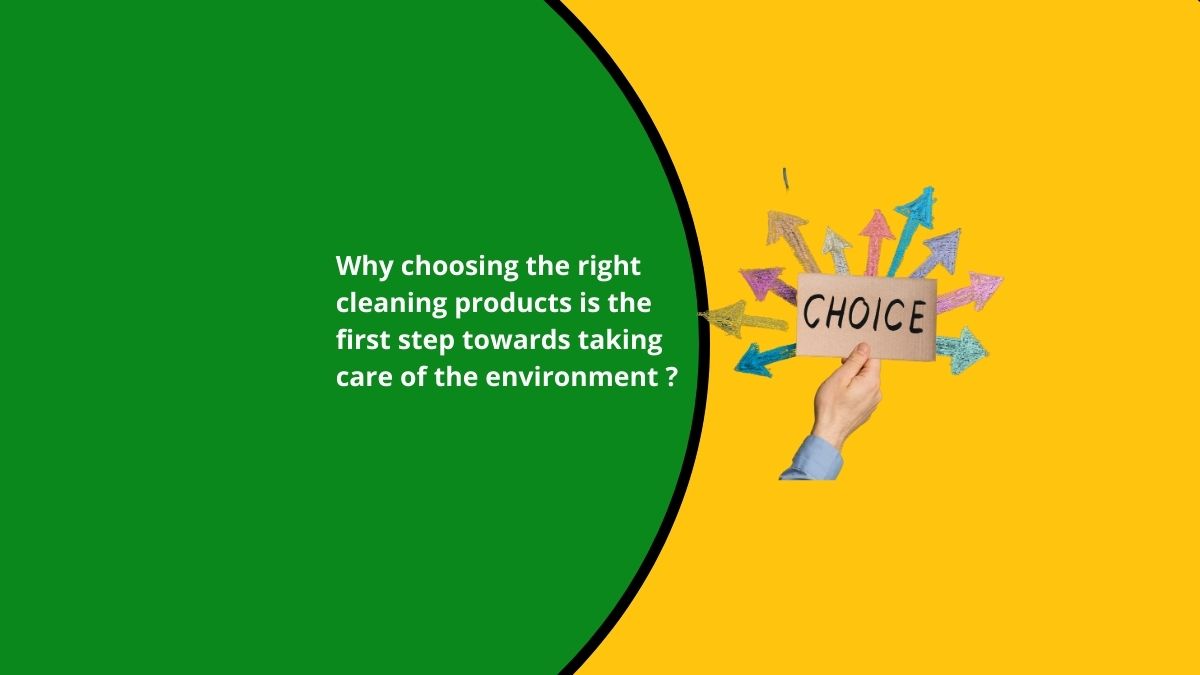WHAT ARE THE CLEANING PRODUCTS? Cleaning products are substances that are usually liquids, powders, sprays or granules used to remove dirt, dust, stains, bad smells, germs, rust and clutter on surfaces. Cleaning products play a crucial role in our daily lives at home, in school, in industries and in the office. By safely and effectively removing soils, germs and other contaminants, they prevent the spread of infectious diseases and control allergens, such as dust and mold, helping us to stay healthy. Cleaning products also enable us to care for our homes, businesses, corporate offices, Industrial sector, pharma sector, engineering, food Industries, institutions, surroundings and possessions. There are following different types of cleaning chemicals available in the market: ⦁ Air freshener ⦁ Detergent ⦁ Disinfectants ⦁ Laundry detergents ⦁ Soaps ⦁ Sanitizers ⦁ Bleaches ⦁ Acids ⦁ Bathroom and Kitchen Cleaner ⦁ Floor cleaner ⦁ Industrial cleaner ⦁ Dishwashing gel Chemicals used for cleaning and in cleaning products, such as laundry detergents, bleaches, dishwashing products and other household cleaners, help in improving cleaning efficiency, making homes, offices clean and more hygienic.
What are the ingredients of cleaning products? There are many different types of ingredients used in cleaning products to help in performing the required functions. For example, we can see solvents like ethanol, or preservatives, or chlorine bleach listed in a cleaning product’s ingredients. We can often find the list of ingredients on a product’s ingredients label or packaging. Many cleaning products contain toxic substances which cause harm to environmental resources and human health by contaminating water, air, and soil.
Impact of Cleaning Products on the Environment :
The use of cleaning products that contain pernicious chemicals affects the indoor and outdoor environment and can lead to pollution and waste.
Water Pollution Thousands of chemicals from cleaning products are washed into streams and rivers. They may pollute streams and rivers and may take a long time to degrade into harmless products. Some persist in the environment and enter the food chain. They are being eaten by aquatic animals and perhaps eventually by us. They are very harmful to aquatic creatures. When consumed or absorbed through the skin, they may cause adverse effects, cause cancer or cause birth defects.
Air Pollution Volatile organic compounds (VOC) in cleaning products can affect indoor air quality and add to outdoor smog. In addition, transportation leads to carbon emissions from trucks which causes global warming. Some detergents are biodegradable and may break down quicker than others, but they often contain chemicals that may cause problems.
Waste Many containers of cleaning products are not made from recyclable materials. Packaging and empty bottles usually end up in landfills. Many products which are packed in aerosol cans, containing a propellant gas, often chlorofluorocarbons, were proven to damage the ozone layer.
Why Buy Green? Benefits of choosing Eco-friendly products : Going green helps the environment by reducing the amount of various pollution that enters the soil, water and air. By using alternative energy sources and avoiding the burning of fossil fuels, recycling and reducing waste, fewer pollutants are released into the environment. Going green is much better for the environment. Green Chemicals get the surroundings clean with less environmental pollution. They are also less harmful to workers and building occupants. Green products often use reusable, reduced, or recyclable packaging. Using less hazardous products may reduce the costs of proper disposal for leftover cleaners.
Benefits of using Green Products : ⦁ Biodegradability ⦁ Low toxicity ⦁ Low VOC content ⦁ Minimal packaging ⦁ Produced with less energy ⦁ Cost-Effective ⦁ 100% Natural ⦁ Safe to Use ⦁ Improves Health ⦁ Saves Energy ⦁ Low Maintenance ⦁ Improves Environment ⦁ Saves Material ⦁ Saves Environment ⦁ Increases Productivity ⦁ Ensures Better Future for Your Kid ⦁ Smart Purchasing Stretches Our Resources ⦁ Sets an Example For Others
Purchasing considerations for cleaning products When ordering or purchasing cleaning products main factors to be considered are functionality, cost, and environmental impact. There are different types of cleaning chemicals available to choose from. It can be difficult and confusing to choose the right product for cleaning needs. If you are unsure about which is the right chemical for your cleaning needs, keep the following factors in mind :
1. What’s it made from? Take a look at the ingredients. Often you will get the list of constituents on the label of the product. Avoid potentially harmful chemicals as much as possible. Instead, opt for renewable, biodegradable, and non-toxic products.
2. How is it packaged and shipped? Lightweight, efficient packaging leads to less waste. Prefer the packaging that is recyclable and made from recycled materials. Using refillable bottles and concentrated products also cuts down on waste.
3. Health concerns Before buying cleaning chemicals make sure that it is right for the type of environment that needs to be cleaned, particularly taking into account any health concerns that might arise from using the products.
4. Environmentally friendly cleaning products Eco-friendly cleaning products are ideal for businesses and properties that are focused on being environmentally friendly. As well as this eco-friendly cleaning products are often a best option for areas that need to be cleaned and which are used by people with skin allergies. When choosing your cleaning chemicals keep in mind that these chemicals should not harm the environment as well as human beings. When you go green, you are effectively reducing your carbon footprint. By reducing pollution, you are also reducing the amount of energy that is being consumed, thereby making way for a greener and cleaner environment.
By- Prajkta Watekar


